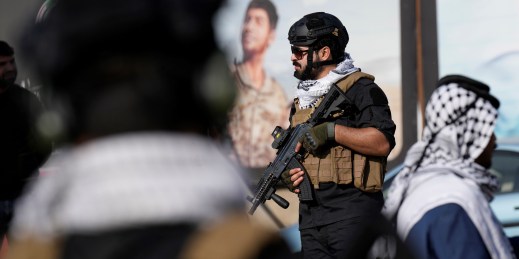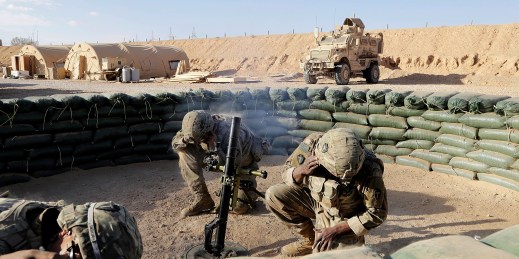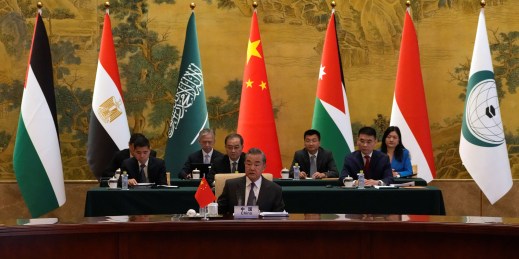Middle East Archive
Free Newsletter
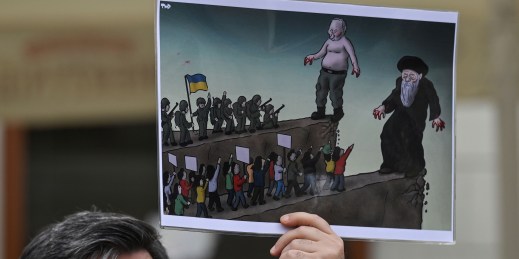
Whether Russia in Ukraine or Iran in the Middle East, authoritarian regimes flexing their military muscles can generate a sense of irresistible momentum that fuels anxiety among more open societies. Yet if one looks at how both these regimes are coping with social change, what initially seems unstoppable begins to look less ominous.
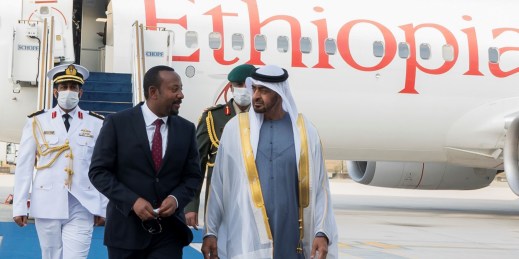
East Africa has long been a region of great geopolitical importance and, as a result, the object of fierce competition. Now, recent developments, including Sudan’s brutal civil war and Ethiopia’s port access deal with Somaliland, have shone a spotlight on the United Arab Emirates’ influential role in regional affairs.
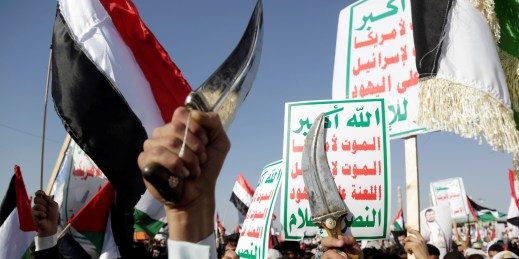
At a time when the global order is in flux, it is notable that the drivers of many of the core security challenges in the world today are not, in fact, states. From Hamas to the Houthis movement, to Taiwan and Kosovo, the world is dotted by “quasi-” or “de facto” states. What does that mean for the role of the nation-state?
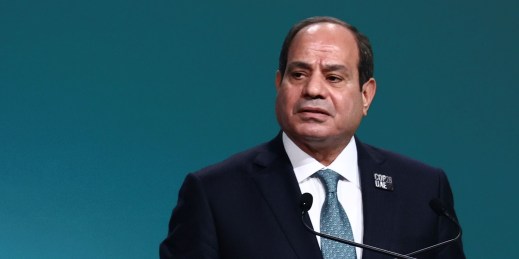
Under President Abdel Fattah el-Sisi, Cairo has been unable to do anything more than react to crises around Egypt’s borders. With concerns growing over Egypt’s own stability, that has created a vicious cycle, increasing the likelihood that the chaos around it further exacerbates Egypt’s own internal problems.

